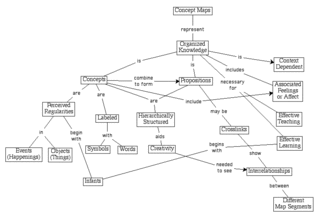Organizations today are competing hard to attract the best manpower .Unlike other resources skilled manpower is scarcely available and hard to imitate. So for organizations the challenge today is not just to create an attractive brand to attract customers but also employees which helps them remain competitive and innovative in the long run.
Mckinsey’s Quarterly has carried out a survey to study the various branding techniques and growing competitive nature of recruitment practices. Some of the findings of the survey are:
Few companies are as rigorous or precise at branding themselves as employers as they are at branding their products and services. Experience therefore suggests to us that many of these initiatives could fail. For a company to exploit its brand effectively when it fishes for talent, it must think of recruits as customers, use sophisticated marketing analysis to identify its key rivals, determine which corporate attributes matter most to specific types of recruits, and understand how best to reach them.
Identifying the competition is an important starting point for a company trying to decide which attributes it should emphasize at what stage of the recruitment process. Traditional recruiting focuses on functional employment benefits, such as job security; opportunities for creativity and individual growth; and compensation. But an employer's intangible, emotional associations—"it's fun to work at this company," "we have a passionate and intelligent culture," "there is a strong team feeling here"—are just as important to recruits as similar associations with branded consumer goods are to potential buyers. So companies would do well to compare themselves with their peers on both functional and intangible dimensions.
Identifying the messages that best distinguish a company in the eyes of its recruits can improve the cost-effectiveness of its recruiting pitch. Since there is a trade-off between the number of people such efforts reach and the quality of the interaction, it is important to focus the most expensive, high-touch recruiting approaches on the candidates and stages most likely to deliver the greatest value. The best companies also boost the efficiency of their recruitment efforts by tailoring each stage of the recruiting process and by carefully measuring the impact of each stage on the process as a whole.
Finally, a word of caution: employer-branding efforts will be counterproductive if the messages aimed at recruits undermine the company's broader marketing strategy. To be effective, employer branding can't just apply conventional brand-building techniques; the initiative must fit in closely with the company's overall brand strategy.
